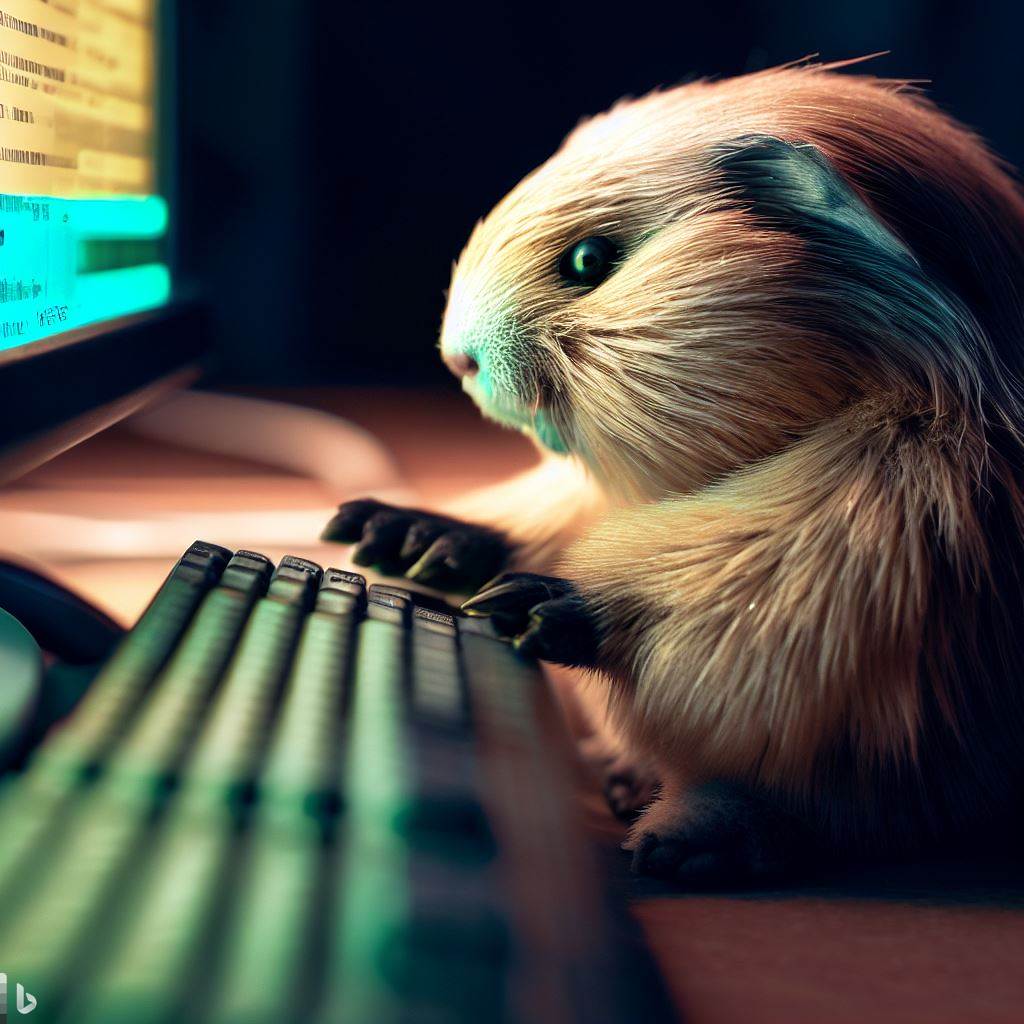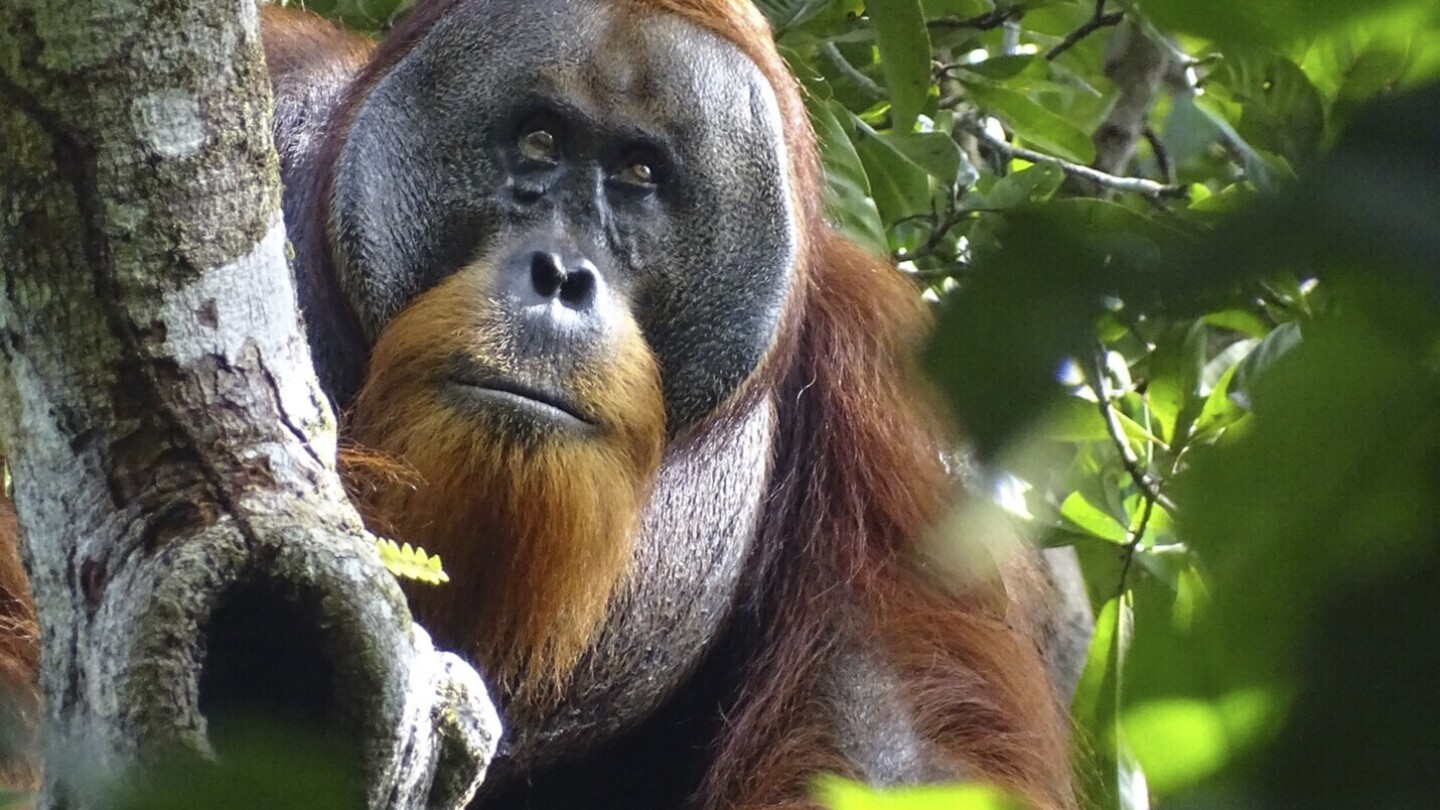he cares for his health more than I do for mine.
Given enough time, other species may evolve and perhaps teach us a thing or two about being better civilized beings.
My money is on the octopi people.
They don’t live long enough, sadly. If they did, they could easily be the dominant species. Many octopus species have been shown to have the intelligence of a 7 year old. Besides the fact that it’s a form of intelligence that evolved completely separate from ours (our last common ancestors didn’t have a brain), octopi only live about 3-4 years. Think about that for a moment.
Many octopus species have been shown to have the intelligence of a 7 year old
So about as smart of some former presidents. Awesome!
Besides the fact that it’s a form of intelligence that evolved completely separate from ours
Precisely what I was thinking about when I said that in jest. But seriously, they are incredible creatures!
They don’t live long enough, sadly. If they did, they could easily be the dominant species.
The problem is not how long they live but that they don’t take care of the offspring, so every octopus need to learn everything from scratch again.
You may want to read Adrian Tchaikovsky’s Children of Ruin (after Children of Time). If you haven’t already…
We’re going on an adventure!
shudder
Adrian Tchaikovsky’s Children of Ruin
haha! awesome! I haven’t read it, but having looked up the plot, I’m now interested. 🙃
Read Children of Time first, but the whole series is good. Basically anything he writes is good.
Children of Time had me bawling over spiders. I get all teared up even thinking about it.
I’m currently mowing through “The Final Architecture” series and that hits me in the feels too. Can’t say why, spoilers!
I’m reading “Lords of uncreation”. I recommend Dogs of War too. Rex is a good boy.
Alright. Grabbed all three books from my local library. Yay!
enjoy. CoT series truly is the best scifi I have read in a while. together with 3 body problem
Enjoy! 😃
Resident Alien supports your theory.
We started episode one, got interrupted, and never finished! Ack! Thanks for the reminder!
The kids can’t act for shit
Kids always ruining everything. 😏
if only there were humans who wrote books about how to structure society such that things don’t suck
Say maybe some german dude with a big beard
Monke smart
Monke smarter than us. Monke don’t fuck up entire planet for more profit
Return to Monke
They would, given the chance.
https://www.treehugger.com/animals-that-are-bad-for-the-environment-4869350
Elephants can cause deforestation. And I’m sure everyone is familiar with invasive plants taking over an area and turning it into a monoculture.
It’s also not like most humans are doing jackshit to cause climate change, it’s caused by the few percent of richest people on earth.
Humans are inherently smart and kind and generous and whatnot, specific people are devoid of empathy and are merrily abusing everyone else for profit.
“I’m sure everyone is familiar with invasive plants taking over an area and turning it into a monoculture”
They’re “invasive” because humans brought them into new ecosystems where they shouldn’t be in the first place. Plants (and animals) just don’t just go around invading other ecosystems afaik.
Also, elephants taking down trees, they’re (mostly) supposed to do that. It plays a vital role in the ecosystem too. Elephants taking down large trees makes it easier for smaller plants to grow, making the ecosystem more diverse. Also these trees and the elephants have co-evolved for centuries, so I they know how to live with eachother and can probably do that for years to come.
Also, that’s besides the point. Other animals aren’t as conscious as us. We are not just following instincts the same way as them. We know stuff we’re doing is destroying the planet, yet we continue because $$$
This monke also got sweet ass goatee
+10 to charisma
It’s actually curious how does one arrive at the idea of using plants like that in the first place, when they are an early human or an orangutan. Probably at first, they just applied random plant matter to cover up the wound, or chewed plant matter to cool it down (it will keep moisture for longer than water). And then noticed that some plants are actually more effective at that.
I assume you meant to write whether instead of when.
So this is pure speculation, I would guess this kind of behavior will date back to the last common ancestor. Great apes and humans split somewhere between 5 and 23 million years ago. We haven’t actually found any fossils of this animal, hence the big time range. Anyway at the time of the split, neither humans or great apes existed. We have evolved alongside each other to what we are today. This makes me feel that use of medicinal plants is a learned behavior dating back millions of years.
As to the exact mechanism to learn this I would speculate that it comes for eating plants. It is very likely that the LCA was an omnivore. Say animal eats plant, weirdly animal feals better. After enough time of doing this animal connects the dots and knows a specific plant feels better. After enough generations and resulting increases in intelligence, it is not a big leap to seeing if rubbing a plant on your body makes you feel better.
This could of course come after the LCA. Convergent evolution exists so it seems safe to say convergent learning does too. Until there is evidence to the contrary. Learned behavior from the LCA seems more likely to me.
I’m not so convinced it’s from a common ancestor, tool use has been observed in a wide variety of animals ranging from birds to octopus, and that common ancestor is unlikely to have used tools. This seems more akin to that.









